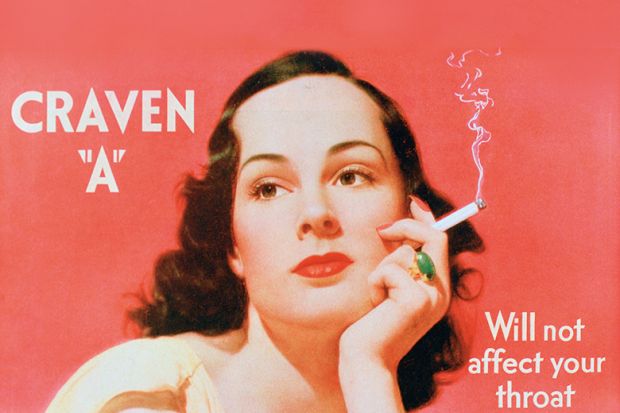With a cacophony of scientific voices on social media – some well informed, others crackpot – establishing scientific consensus on key issues is proving more difficult than ever. But a project led by Durham University academics may soon have the answer to that thorny question of what can be confidently called a “scientific fact”.
Under a scheme headed by Peter Vickers, co-director of Durham’s Centre for Humanities Engaging Science and Society, scientists from across the world will be emailed to give their view on issues on which opinion appears to be split. Results from the polls, which seek to reach as many as 100,000 scientists at a time, will be shared to help the public gauge the true level of consensus on contested topics.
“Humanity has never had a way to measure reliably the opinion of the scientific community,” explained Professor Vickers, who claimed efforts to do so have been “small scale” and reliant on fewer than 2,000 responses. “We need a way to access scientific opinion on a large scale and internationally,” he added of the proposed Institute for Ascertaining Scientific Consensus.
At present, certain ideas with broad support within medicine or academia cross the threshold where they can be considered “facts” in a way that is not recorded, said Professor Vickers, who outlines his proposal in Identifying Future-Proof Science, published by Oxford University Press.
“At some point in the 20th century, the idea that smoking causes cancer was accepted as an established fact but no one knows exactly when it was,” he said, adding that it is still “difficult to say when something is a fact or just an idea with a very high level of confidence”.
Dissent from a small number of scientists can often give a false perception of the strength of scientific consensus on an issue, as shown in the 1960s and 1970s when tobacco companies sponsored doctors and scientists to question smoking’s link to cancer, he said.
“If this institute had existed when science was battling against Big Tobacco, even if tobacco firms had produced 100 scientists casting doubt on the cancer link, we could have showed they were still a very small minority,” explained Professor Vickers.
With social media enabling fringe views to gain an outsized influence on public opinion on key scientific issues – such as the benefits of Covid vaccinations and mask-wearing or whether climate change is man-made – a trusted method of understanding scientific consensus was arguably more important than ever, he added.
“Some people might think scientists are split 50-50 on certain topics but the actual ratio might be 80-20 – if you can present these figures to the public, you might be able to correct some misconceptions about what the scientific community thinks,” he said, though it might also “help to illuminate where experts in different countries, or different parts of the world, see things differently”.
The project will be piloted this year, but scientists from six continents have already agreed to support the initial trial phase – with Jim Al-Khalili, professor of theoretical physics at the University of Surrey and presenter of BBC’s The Life Scientific, among dozens of leading scientists who have agreed to be part of its advisory board.
“No one really knows when we can finally call something a ‘fact’, but if you could point to 95 per cent agreement on something, you could certainly make a judgement on that,” reflected Professor Vickers.
后记
Print headline: ‘Institute for scientific facts’ aims to stub out fake news





